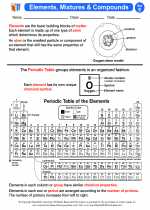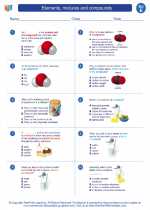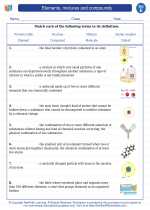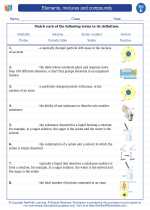Composition of Cell Wall
The primary component of the cell wall is cellulose, a complex carbohydrate made up of long chains of glucose molecules. In addition to cellulose, plant cell walls also contain other polysaccharides such as hemicellulose and pectin, as well as structural proteins.Functions of Cell Wall
1. Structural Support: The cell wall provides rigidity and strength to plant cells, allowing them to maintain their shape and withstand turgor pressure. 2. Protection: It acts as a barrier, protecting the cell from mechanical damage and pathogens. 3. Regulation of Water Uptake: The cell wall helps regulate the movement of water into and out of the cell, contributing to turgor pressure and osmotic balance. 4. Support for Growth: As the plant cell grows, the cell wall expands and provides structural support for the growing cell.Differences Between Cell Wall and Cell Membrane
The cell wall and cell membrane serve different functions and are structurally distinct:- Composition: The cell wall is primarily composed of cellulose and other polysaccharides, while the cell membrane is made up of a phospholipid bilayer.
- Structure: The cell wall is external to the cell membrane and provides rigid support, while the cell membrane is a flexible barrier that encloses the cell's cytoplasm.
- Permeability: The cell membrane is selectively permeable, controlling the movement of substances into and out of the cell, while the cell wall is porous and allows for the passage of water, nutrients, and other molecules.
Study Guide for Cell Wall
To understand the concept of cell wall thoroughly, consider the following study guide:- Define the cell wall and its primary functions in plant cells.
- Compare and contrast the structure and composition of the cell wall and the cell membrane.
- Research the different types of polysaccharides present in the cell wall and their roles.
- Investigate the impact of cell wall composition on plant growth and development.
- Explore the evolutionary significance of the cell wall in different organisms.
[Cell Wall] Related Worksheets and Study Guides:
.◂Science Worksheets and Study Guides Fifth Grade. Elements, mixtures and compounds
Study Guide Elements, mixtures and compounds
Elements, mixtures and compounds  Activity Lesson
Activity Lesson Elements, Mixtures and Compounds
Elements, Mixtures and Compounds  Worksheet/Answer key
Worksheet/Answer key Elements, mixtures and compounds
Elements, mixtures and compounds  Worksheet/Answer key
Worksheet/Answer key Elements, mixtures and compounds
Elements, mixtures and compounds  Worksheet/Answer key
Worksheet/Answer key Elements, mixtures and compounds
Elements, mixtures and compounds  Worksheet/Answer key
Worksheet/Answer key Elements, mixtures and compounds
Elements, mixtures and compounds  Vocabulary/Answer key
Vocabulary/Answer key Elements, mixtures and compounds
Elements, mixtures and compounds  Vocabulary/Answer key
Vocabulary/Answer key Elements, mixtures and compounds
Elements, mixtures and compounds 

 Activity Lesson
Activity Lesson
 Worksheet/Answer key
Worksheet/Answer key
 Worksheet/Answer key
Worksheet/Answer key
 Worksheet/Answer key
Worksheet/Answer key
 Worksheet/Answer key
Worksheet/Answer key
 Vocabulary/Answer key
Vocabulary/Answer key
 Vocabulary/Answer key
Vocabulary/Answer key

The resources above cover the following skills:
PHYSICAL SCIENCE (NGSS)
Matter and Its Interactions
Students who demonstrate understanding can:
Conduct an investigation to determine whether the mixing of two or more substances results in new substances.